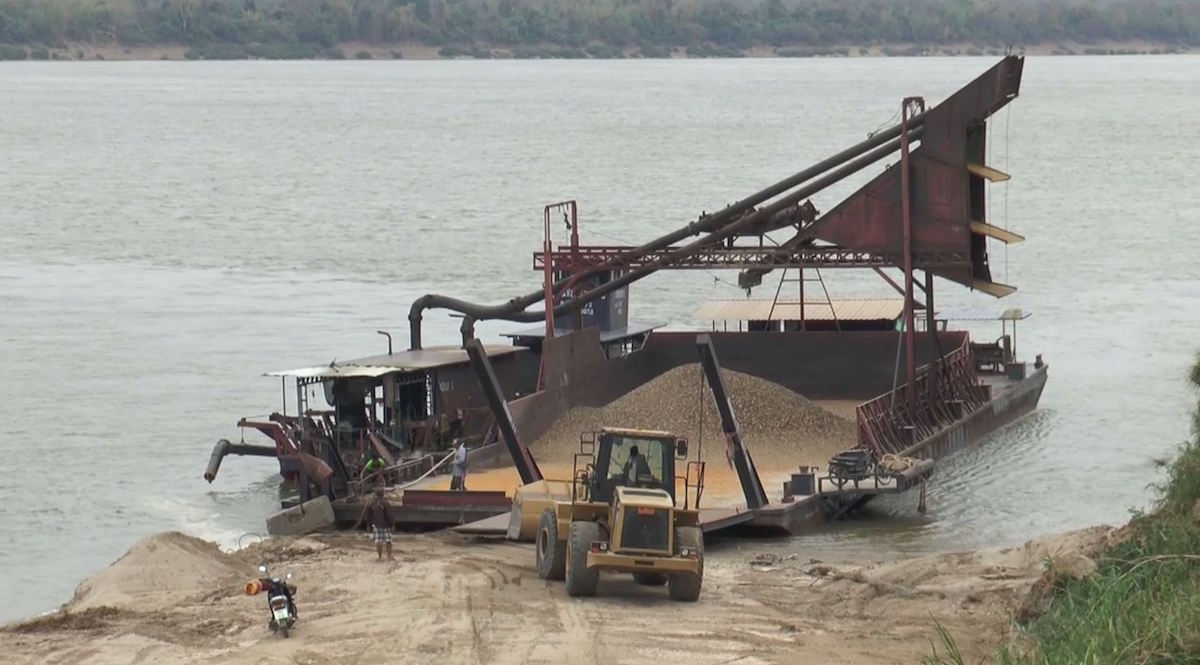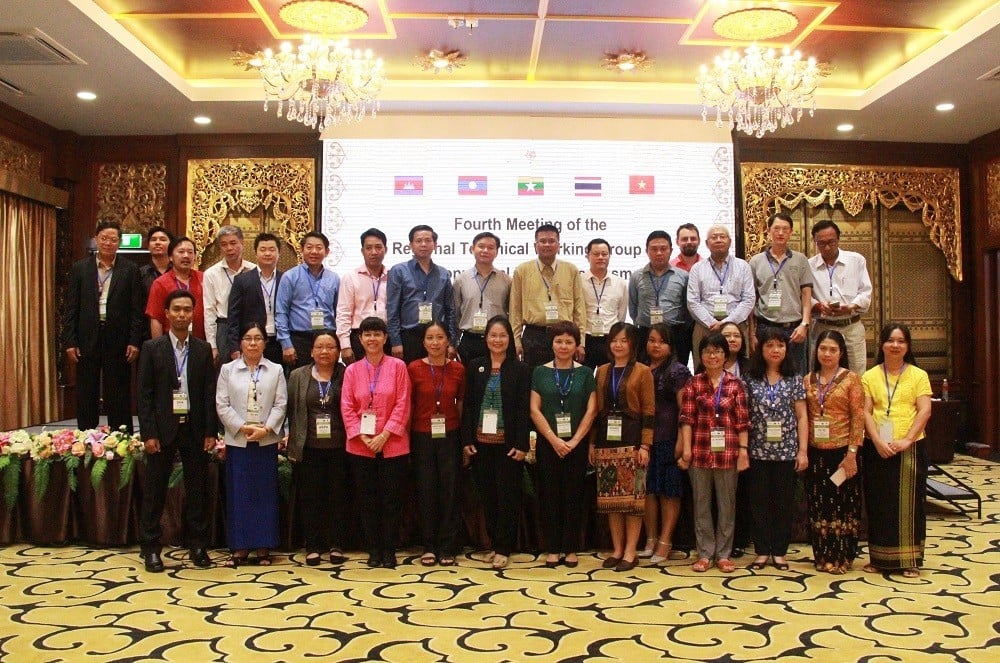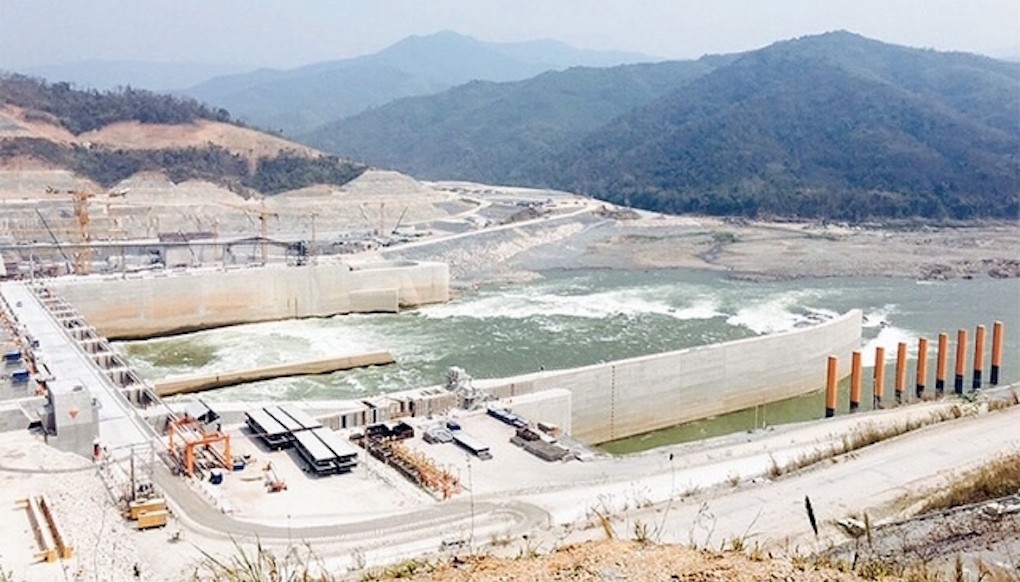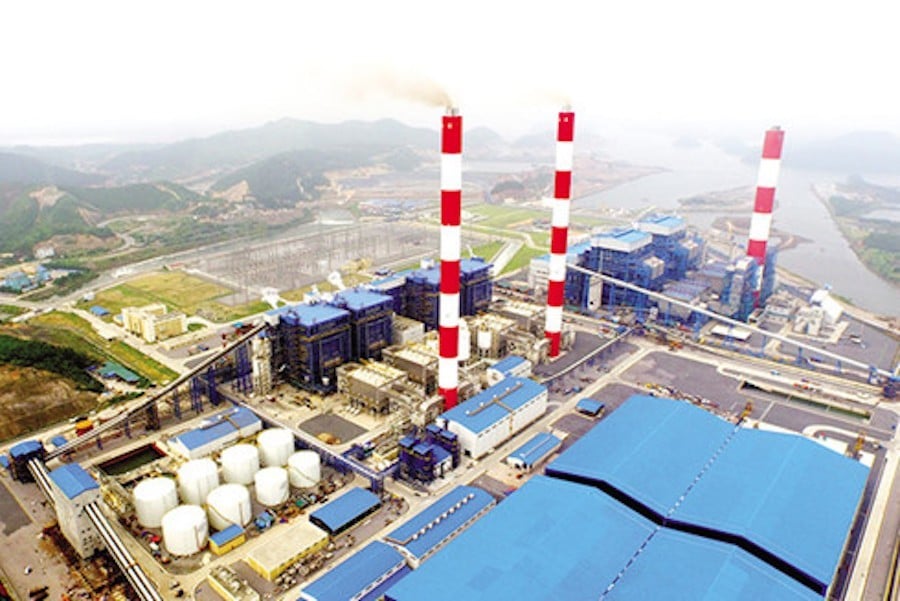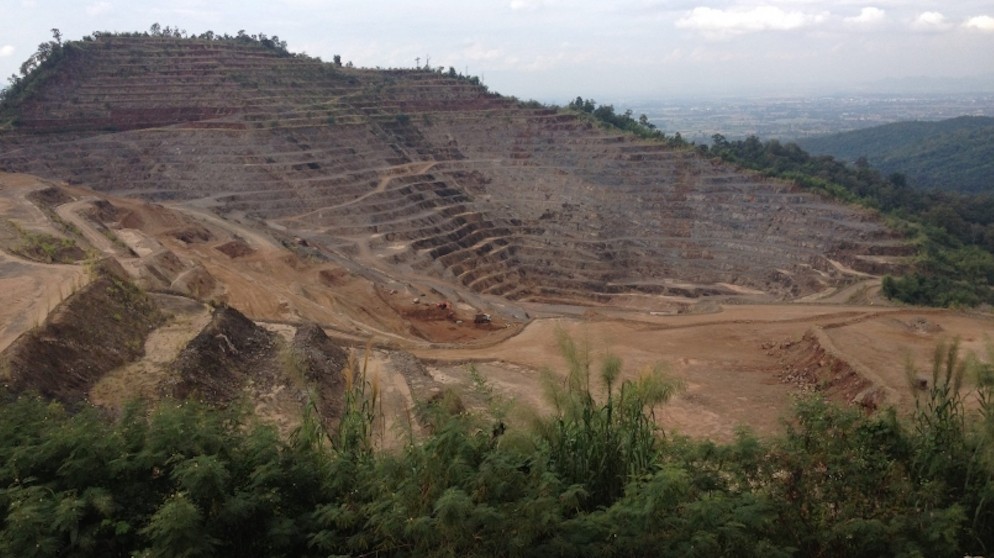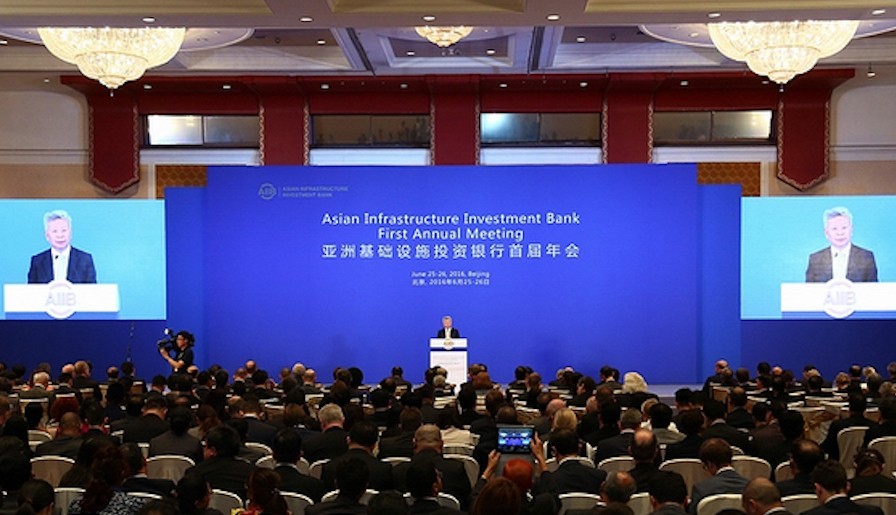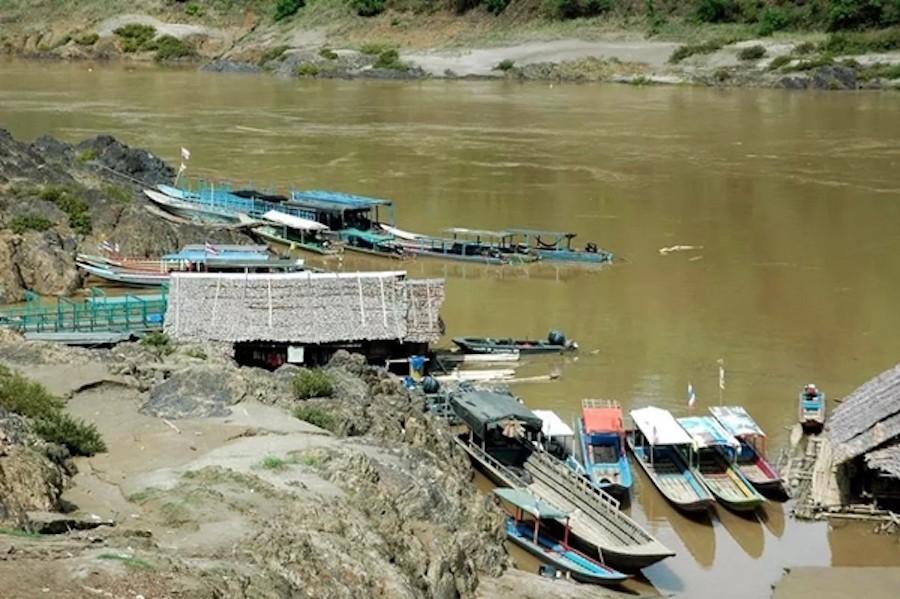Grain by grain, truckload by truckload, Laos’ section of the Mekong River is being dredged of sand to make cement — a commodity being devoured by a Chinese-led building boom in the capital.
But the hollowing out of the riverbed is also damaging a vital waterway that feeds hundreds of thousands of fishermen and farmers in the poverty-stricken nation.
“Today, it’s more complicated for us to go fetch water for crops,” DeamSaengarn told AFP from the muddy river’s shores, describing how its gentle slopes have given way to steep embankments.


